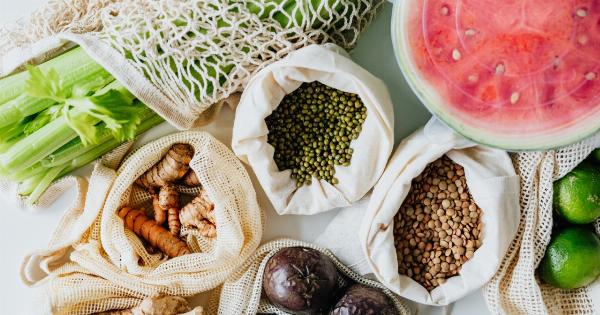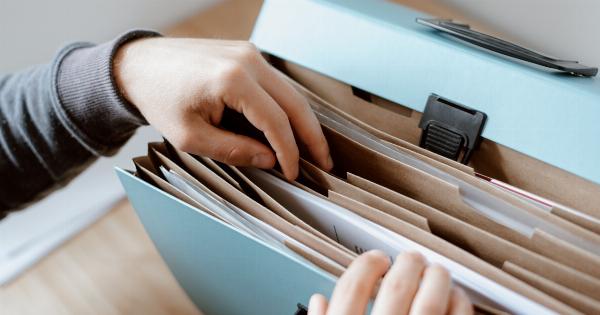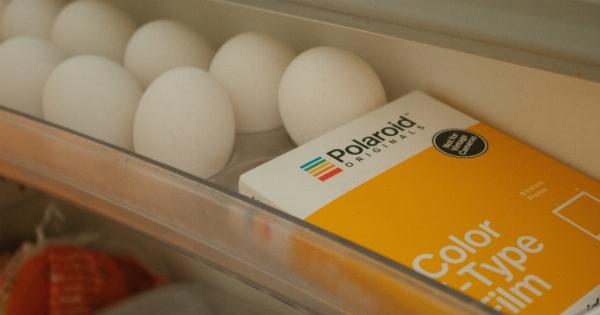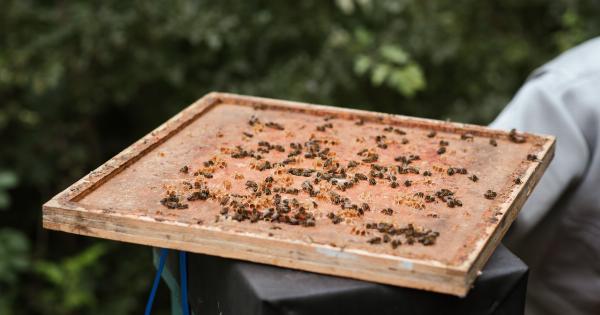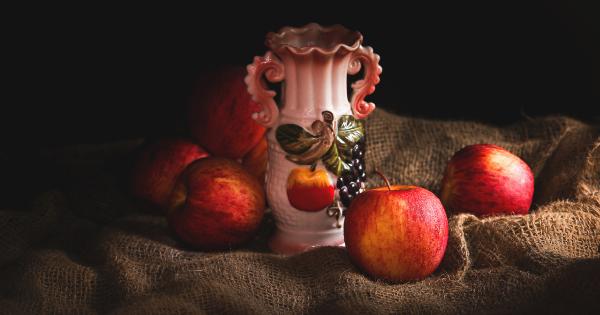Listachia is a serious health condition that affects individuals around the world. It is an infection caused by a bacterium known as Listeria monocytogenes, which can invade the body and cause serious illness.
This bacterium is commonly found in soil, water, and in some types of food. In this article, we will discuss how to stay safe from Listachia and minimize your risk of infection.
What are the Symptoms of Listachia?
Listeria monocytogenes can cause a variety of symptoms, depending on the individual affected and the severity of infection. Some people may experience no symptoms at all, while others can develop serious illness.
Common symptoms include fevers, headaches, muscle aches, nausea, and diarrhea. In some cases, the bacteria can also cause sepsis, meningitis, and other serious illnesses that require hospitalization and immediate medical attention.
Who is at Risk?
Listeria monocytogenes infection is particularly dangerous for certain groups of people. Pregnant women, newborns, elderly individuals, and those with weakened immune systems are at a higher risk of infection and serious illness.
In addition, people who work in the food industry or handle food products are also at a higher risk of Listachia.
How to Stay Safe from Listeria?
To reduce your risk of Listachia, it is important to take the following precautions:.
1. Wash Your Hands
Washing your hands is one of the most effective ways to prevent the spread of bacteria, including Listeria monocytogenes. Make sure to wash your hands before and after handling food, after using the bathroom, and after petting animals.
2. Cook Food Properly
Cooking food to the appropriate temperatures can kill most bacteria, including Listeria monocytogenes. Use a meat thermometer to ensure that your food is cooked to the correct temperature, and avoid eating raw or undercooked meat, poultry, or seafood.
Reheat leftovers to at least 165°F (73.9°C) before eating.
3. Avoid High-Risk Foods
Some foods are more likely to contain Listeria monocytogenes than others. To reduce your risk of infection, avoid high-risk foods such as deli meats, hot dogs, smoked fish, unpasteurized milk and dairy products, and soft cheeses.
4. Store Food Properly
Proper food storage is essential for preventing the growth of bacteria, including Listeria monocytogenes. Make sure to keep your refrigerator at 40°F (4.4°C) or below, and your freezer at 0°F (-18°C) or below.
Store raw meat, poultry, and seafood in separate containers from ready-to-eat foods to prevent cross-contamination.
5. Clean and Sanitize
Cleaning and sanitizing your kitchen and utensils is essential for preventing the spread of bacteria. Use hot, soapy water to wash cutting boards, utensils, and countertops after each use.
Sanitize these surfaces with a solution of one tablespoon of bleach to one gallon of water.
6. Be Careful with Pets
Animals can also carry Listeria monocytogenes and other bacteria. Make sure to wash your hands after handling pets, and avoid giving your pets raw or undercooked food, which can contain harmful bacteria.
7. Pay Attention to Recalls
Food recalls are often issued when a product has been identified as containing harmful bacteria such as Listeria monocytogenes. Make sure to pay attention to food recalls and avoid consuming any products that have been recalled.
Conclusion
Listeria monocytogenes is a serious health condition that can cause illness and even death in some cases. However, by following these simple precautions, you can reduce your risk of infection and stay safe from Listachia.








